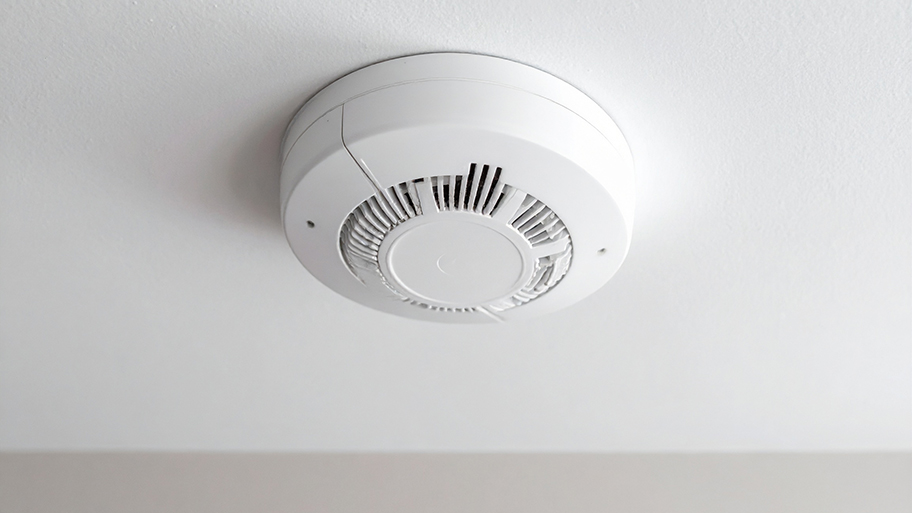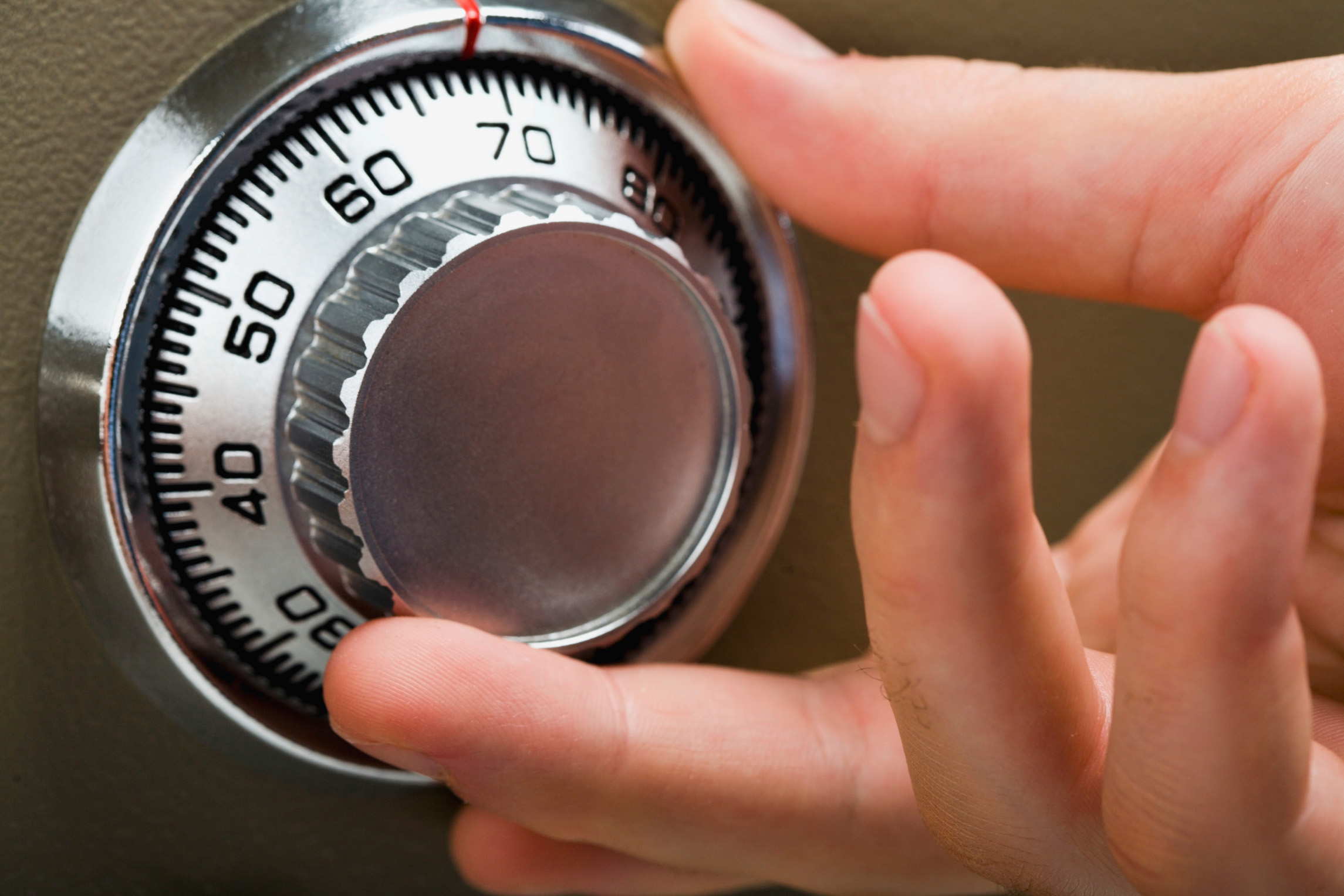
How much does it cost to install a doorbell camera? It depends on whether you plan to DIY or hire a pro. Learn about different models and their power sources, too.
Don't get your wires crossed when making this important decision


Wired security cameras are more expensive and generally require professional installation, but they are typically more reliable than wireless cameras.
Wireless security cameras require strong, consistent Wi-Fi signals to avoid glitches.
Wireless security cameras come with more interactive features and apps for easy monitoring compared to wired cameras.
If you're trying to beef up security at your home, you may be trying to decide between wired versus wireless security cameras. While both allow you to record your property, their differences come down to ease of installation, cost, reliability, and features. Keep reading to discover which option will give you the convenience and peace of mind you need when enhancing your home's security.
The core difference between wired versus wireless security cameras is how the cameras communicate. Wired security cameras connect to the Internet via a cable. Wireless security cameras connect to the Internet over your home's Wi-Fi. In addition to affecting how a camera records and streams live footage, this core difference also affects installation, accessibility, and vulnerability to hackers. Both types of home security cameras still need to connect to a power source in order to operate. However, many wireless security cameras have battery backup power.
A wired home security camera combines a camera with a recording device. It is hardwired to both the Internet and your home's power source. This generally means that it's connecting to your home's network video recorder (NVR) or some other kind of central network.
Due to the fact that the camera's recording device is linked with the Internet, the footage can be viewed remotely. In fact, most modern wired systems have dedicated apps that allow users to monitor what's happening in real time. Wired cameras can also be more reliable for outdoor surveillance because you don't have to worry about Wi-Fi signals reaching parts of your property.
| Pros | Cons |
|---|---|
| More difficult to hack | Often requires professional installation |
| Generally more reliable than wireless | More expensive than wireless |
| Video quality is usually superior | Intruders could cut the wires |
Best for:
Someone who plans to be in a home for a long time
Someone who wants 24-hour monitoring or is surveilling a large property
Households in areas where Wi-Fi is unreliable
They’re more difficult to hack and can't be hacked remotely.
They’re generally more reliable because connectivity doesn't rely on consistent Wi-Fi.
There’s no need to pay for expensive cloud storage fees.
In most cases, the video quality is superior.
Unlike DIY wireless security cameras, hardwired systems often require professional installation by someone who installs home security systems.
You'll typically need to use a dedicated app provided by the camera manufacturer instead of hooking up to Amazon Alexa or Google Home.
Footage may be wiped automatically every five to 20 days.
Hiding visible wiring can be difficult, and motivated intruders could cut the wires.
A system will stay with a house if you need to move.
Practice password safety with your Wi-Fi network. Changing your password regularly can help prevent hackers from accessing your security devices.
A wireless home security camera transmits footage over Wi-Fi. However, wireless isn't synonymous with "wire-free." As covered above, both wired and wireless security cameras must be connected to power cables. The only exception is if you purchase a battery-operated, fully wireless security camera.
Unlike a wired security camera, a wireless camera isn't connected to a recording device. It instead streams footage in a way that's similar to how your phone records footage. The footage will be stored using either cloud storage or an SD card.
| Pros | Cons |
|---|---|
| Easy installation | Monthly fees for cloud storage |
| More affordable than wired | Easier to hack than wired |
| Footage is easily viewed on a smartphone | Spotty performance if Wi-Fi signal isn’t strong |
Best for:
Renters
Someone looking to focus surveillance on a specific area only, such as a front door
Households where Wi-Fi coverage is reliable
Installation is easy and DIY-friendly.
Footage is easily viewed on a smartphone or mobile device and is stored in the cloud for easy access from anywhere.
Most models save energy by only recording after detecting sound or motion.
Newer models can alert you when a package is delivered.
They can go with you when you move.
There are no wires for intruders to cut.
The monthly fees for cloud storage get pricey.
They can be hacked more easily if the provider is breached.
Performance can be spotty if your Wi-Fi isn't reliable.
Backup batteries need to be changed or charged regularly.
They’re not ideal for surveillance of large properties or multiple areas within a property.
Wi-Fi jammers that are sometimes used by thieves can interfere with the signal.
Let's take a look at how both options perform in some important categories.
Both wired and wireless security cameras are visible. However, wired security cameras require bulky Ethernet plugs and coaxial cables that can be hard to conceal. If the camera is located away from an outlet, you'll need to figure out how to conceal wiring.
Wired systems don't rely on Wi-Fi to keep recording. They also generally offer around-the-clock recording instead of the activity-based recording offered by most wireless cameras and doorbell cameras. Meanwhile, if your Wi-Fi goes down, a wireless security camera will stop working.
When it comes to wired versus wireless security cameras, wireless systems can cost a fraction of the price of wired systems. The average wired security camera installation cost is between $594 and $2,040. In some cases, cameras are included in the overall cost of a security system if you're purchasing a plan that includes surveillance. Meanwhile, most wireless systems cost between $50 and $200. Some simple wireless cameras can even cost as little as $25 to $35.
Wireless security cameras are generally created for DIY installation. They are meant to be easy enough to bring with you each time you move houses or apartments. Meanwhile, the hardwiring involved with wired security cameras often requires that you hire a local security camera installation pro. You may also need to bring in an electrician to complete wiring.
Most wireless security cameras upload footage to the cloud. That means that you may be looking at compressed images if you need to review footage. If you need to make out details, this can greatly reduce the effectiveness of your footage. The footage captured by a hardwired system is generally much crisper and clearer.
From average costs to expert advice, get all the answers you need to get your job done.

How much does it cost to install a doorbell camera? It depends on whether you plan to DIY or hire a pro. Learn about different models and their power sources, too.

Discover true smoke detector installation costs. Learn about average prices, cost factors, and tips to save on your smoke detector installation project.

Discover wall safe installation cost details. Learn about average prices, key cost factors, and tips to save on your wall safe project.

Ensure your home is safe and well-lit for guests. Learn about the different types of security lights and choose what’s best for your home.

Here are the most common types of home security cameras, from indoor to outdoor. This article will help you decide what security camera is best for you.

There are many types of window alarm sensors. Find out which is right for you in our easy-to-read guide.